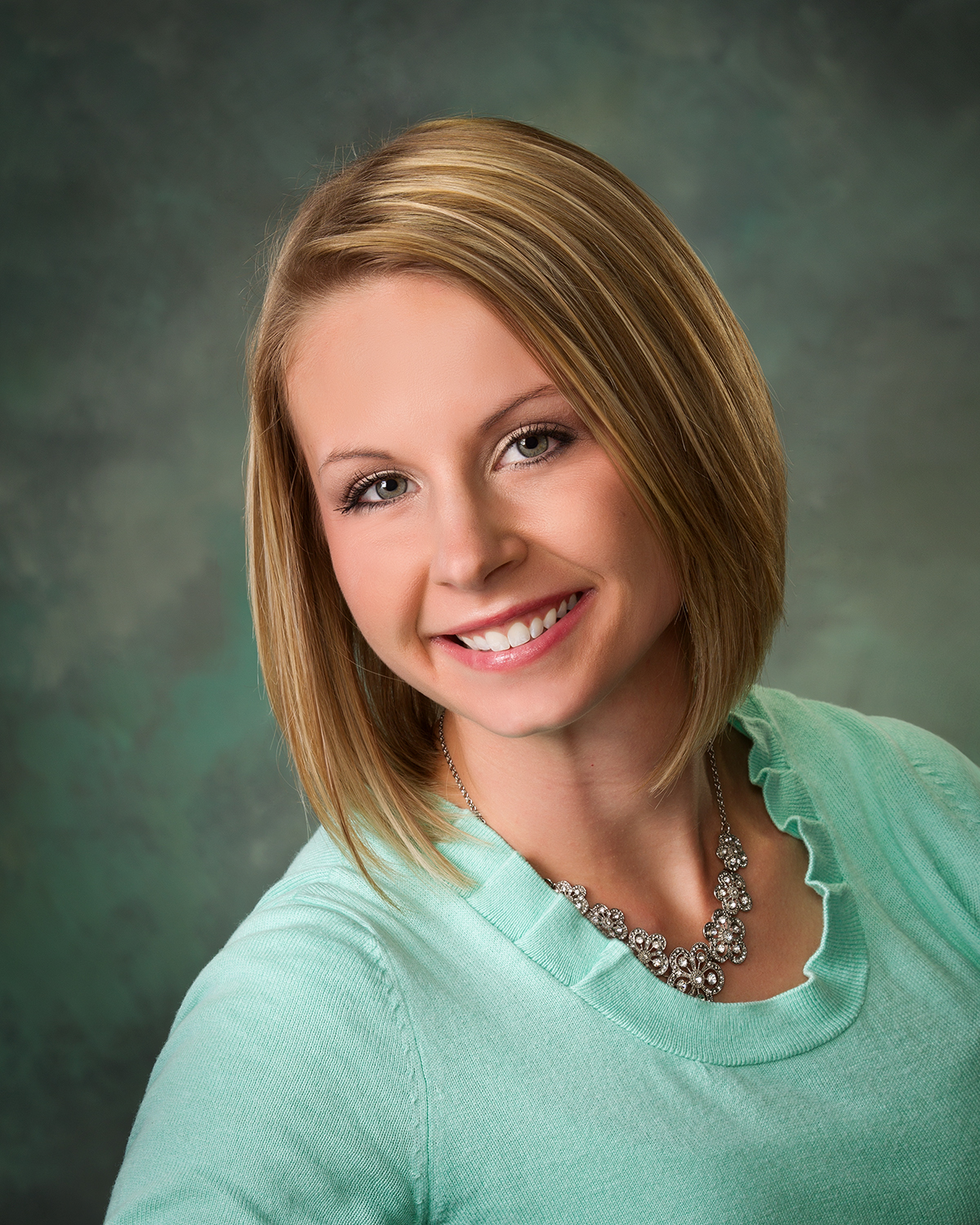This month at the Kid Clinic: What to do about bedwetting
- Posted On:
- Written By: Val Amstadt, PA-C

Bedwetting is a common concern in Pediatrics. Most children are potty-trained between 2-4 years old and are able to stay dry during the day, but may not be able to stay dry at night until they get older. It is common for about a third of children to still wet the bed at least once a month at 6 years old, and even some 12 year olds will occasionally wet the bed.
Common causes of bedwetting can include a child being a deep sleeper and a full bladder does not wake them, constipation, acute illnesses or other stressors, a family history of bedwetting, a small or poorly developed bladder, overproduction of urine at nighttime or an underlying medical problem. Signs of an underlying medical problem include pain or straining with urination, changes in how much or how often your child urinates during the day, cloudy or pink urine, poor bowel control, sudden changes in mood or personality, urinating after stress (such as coughing, sneezing, running or lifting), dribbling that occurs just after urination, small or narrow stream of urine, or continuing problems with both daytime and nighttime wetting. You should seek medical care with any of these concerns.
If your child is wetting the bed at night without any of the signs of a medical problem, you can try some simple techniques at home to try and manage this on your own. It is really important to be sensitive to your child’s feelings, as bedwetting is likely quite embarrassing for them. Set up a reward system to praise your child for dry nights, but do not punish them for wet ones. Have your child stop drinking fluids at least one hour before bedtime. Have your child try to urinate right before going to bed, and you may even try waking them from sleep one to two hours after going to bed to use the bathroom. Put a plastic cover over your child’s mattress to help protect the mattress.
If these techniques don’t work after a persistent effort for two to three months, talk to your child’s pediatrician about other treatment options. There are bedwetting alarms and medications that can be used to assist in preventing bedwetting. A small number of children do not respond to any treatment, but should outgrow bedwetting by their teenage years. Just remember that these techniques are not cures and still require a lot of encouragement and emotional support from the whole family.
The Kid Clinic is a school-based pediatric clinic offering medical care and counseling services for Campbell County students in pre-kindergarten through 12th grade and their siblings over the age of 2. It is located at 800 Butler Spaeth Rd., across from St. Matthew’s Catholic Church. The Kid Clinic is open Monday-Friday from 8 am-5 pm. For more information, call 307-688-8700 or visit www.cchwyo.org/kidclinic.
The Kid Clinic is a collaborative effort between Campbell County Health and Campbell County School District.
